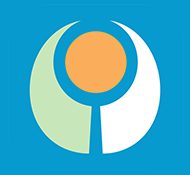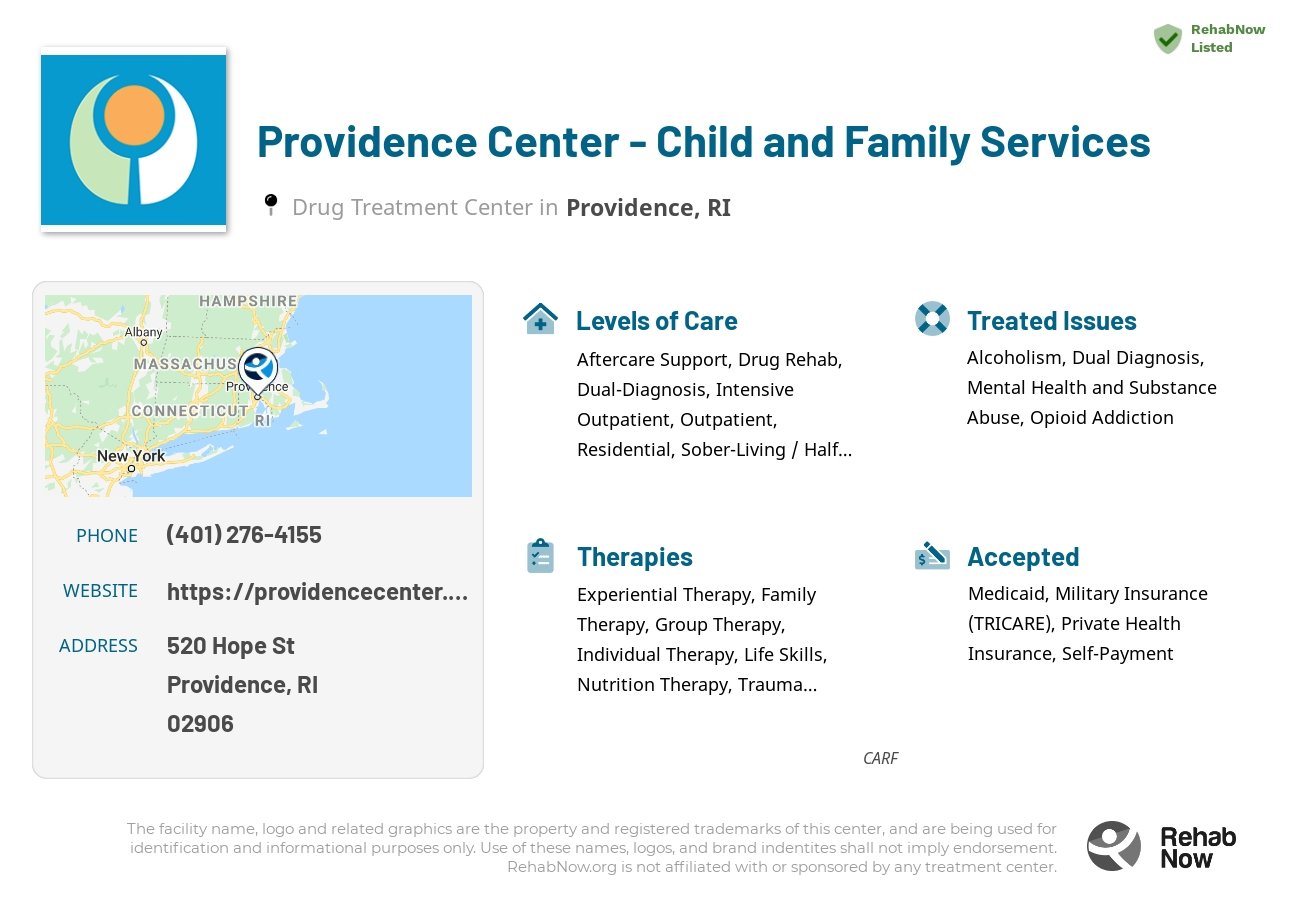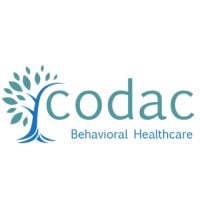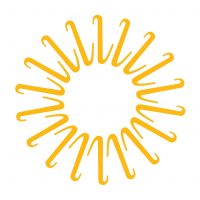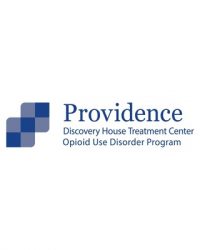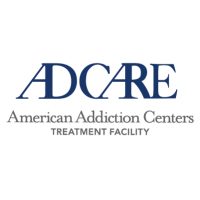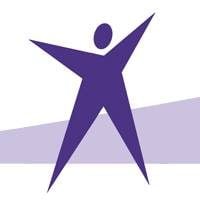Providence Center - Child and Family Services
Drug Rehab Center in Providence, Rhode Island
Providence Center - Child and Family Services is an Addiction Treatment Facility in Providence, Rhode Island that offers comprehensive and tailored treatment options for individuals suffering from addiction, including aftercare support, residential treatment, outpatient services, and dual-diagnosis treatment.
About This Providence, RI Facility
Providence Center - Child and Family Services, nestled in the Charles E. Maynard Building in Providence, RI, champions the mental and emotional welfare of children and teens facing emotional or behavioral challenges. Distinguished for tailoring services to address both the individual and their family’s needs, their approach fosters a comprehensive path toward wellness.
Accredited by CARF, Providence Center - Child and Family Services upholds elite standards in addiction treatment, indicating their unwavering commitment to quality care. They specialize in tackling a broad spectrum of issues from alcoholism and drug addiction to dual diagnoses and mental health disorders.
- Unique approaches catered to children and teens, ensuring age-appropriate therapy and support.
- CARF accreditation assures adherence to the highest quality of care and treatment standards available.
- Offers a variety of treatment options, including aftercare and dual-diagnosis programs, to suit individual needs.
Focusing on alcoholism, opioid addiction, drug addiction, and co-occurring mental health issues, the center employs a multitude of treatment methodologies. From intensive outpatient programs to residential treatment and sober-living environments, they provide an array of care levels to best support recovery.
Genders
Ages
Modality
Additional
Accreditations

CARF
The Commission on Accreditation of Rehabilitation Facilities (CARF) is a non-profit organization that specifically accredits rehab organizations. Founded in 1966, CARF's, mission is to help service providers like rehab facilities maintain high standards of care.
Conditions and Issues Treated
Opioid addiction treatment facilities in Rhode Island, like Providence Center - Child and Family Services cover both illegal and prescription opioids abuse. Most plans include detoxification and subsequent medications to ease the process. Behavioral therapies and counseling are also necessary to resolve the root cause of addiction.
When someone in Rhode Island struggles with both addiction and mental or emotional illness, this is considered a dual diagnosis. Dual diagnosis treatment can include emotional trauma, bipolar disorder, schizophrenia, depression. Getting treatment for these issues must occur at the same time to treat either of them effectively.
Levels of Care Offered
This center offers a variety of custom treatment tailored to individual recovery. Currently available are Aftercare Support, Drug Rehab, Dual-Diagnosis, Intensive Outpatient, Outpatient, Residential, Sober-Living / Half-Way, with additional therapies available as listed below.
An intensive outpatient treatment program is set up for those struggling with an addiction to begin the recovery process. Patients come to Providence, RI to Providence Center - Child and Family Services for therapy, support, programs, and medical supervision. Intensive outpatient treatment is often very tightly scheduled and heavily structured.
A sober living home in Providence, RI, also known as an SLH, is much like a halfway house. It is halfway between a drug or alcohol treatment facility and living at home. There are some specific rules and regulations residents must follow, like attending mandatory meetings, and household chore-type activities.
Residential treatment programs are those that offer housing and meals in addition to substance abuse treatment. Rehab facilities that offer residential treatment allow patients to focus solely on recovery, in an environment totally separate from their lives. Some rehab centers specialize in short-term residential treatment (a few days to a week or two), while others solely provide treatment on a long-term basis (several weeks to months). Some offer both, and tailor treatment to the patient’s individual requirements.
Treatment for substance abuse does not cease after an individual successfully completes a detox or rehabilitation program. A vital follow-up treatment service is aftercare support provided to individuals at Providence Center - Child and Family Services in Rhode Island after they attain initial sobriety.
Aftercare support often takes the following forms: 12-Step Programs, Outpatient Treatment Programs, and Support Groups. The most effective aftercare programs are tailored to meet an individual’s specific needs and circumstances.
Providence Center - Child and Family Services‘s Therapies & Programs
Treatment programs include individual therapy for the greatest chances of success. Customized individual therapy is counseling involving you and your Providence Center - Child and Family Services counselor. Individual therapy leads to greater peace and understanding about your triggers for addiction.
When family members are more proactive and involved in the treatment procedure, it encourages the patient to advance his or her progress. Moreover, it shouldn’t be ignored that genetics play a role when it comes to addiction, so it’s better to approach the problem as a unit. Also, with proper education, family members can help an individual avoid addiction triggers and guide him or her in making lifestyle changes necessary for his or her sobriety.
It has been said that unhealed trauma is the root of most addictions. Trauma therapy is a way of addressing trauma while in a safe situation in order to heal. Healing past traumas and introducing coping strategies are strong foundations for sustained recovery from addiction. This may involve individual or group counseling or both, in a Providence, RI facility. Other forms of therapy have been proven to assist in healing past traumas.
Dialectical Behavior Therapy (DBT) helps those who attend Providence Center - Child and Family Services understand how their feelings, beliefs, and thoughts affect their behaviors. DBT is particularly useful for people with self-harming behaviors, as well as those with substance abuse disorders. DBT teaches people how to tolerate distress, regulate their emotions, and how to become mindful.
Cognitive Behavioral Therapy (CBT) is a type of psychotherapy that focuses on the underlying thoughts and behaviors that caused the problem of addiction in the first place and may cause a relapse. Negative feelings are common in substance abuse disorders, and if not recognized, they can cause co-occurring disorders.
CBT involves strategies that help to change the thinking and behavioral pattern by cognitive restructuring. In simple terms, it helps to remove negative thoughts and provides long-term benefits. Also, CBT promotes self-awareness, self-control, and healthy ways to respond to negative thoughts. It can be administered as a mono-therapy as well as a part of combination therapy.
In the midst of an addiction certain healthy habits and behaviors can be forgotten or discarded altogether. While in treatment you will learn life skills that will help you successfully maintain sobriety and rebuild your life in Providence, RI. Some examples of this are time management, social skills, nutrition, hygiene, stress management and taking care of yourself.
Addiction commonly results in varying levels of malnutrition, vitamin and mineral deficiencies. This can be reflected in weight loss, hair loss or hair changes, skin irregularities and damage to multiple internal body functions. While in active addiction meals can be skipped or replaced by drugs or alcohol. Eating correctly to replace lost vitamins and minerals while balancing your diet can build confidence while restoring your health from the inside out.
Nicotine Replacement Therapy (NRT) helps smokers get nicotine into their system without resorting to smoking. It’s a way to help people quit smoking without going cold turkey and experience aggressive withdrawal symptoms. The products (in the form of gums, sprays, patches, inhales, or lozenges) used in NRT provide the body with nicotine, excluding the toxic substances found in tobacco.
NRT treatment at Providence Center - Child and Family Services in Providence, Rhode Island lowers down nicotine cravings, so the patient does not go through physical weakness while dealing with the emotional and mental stress of quitting smoking. Coupling NRT with counseling and other means of support gives long-term smokers a better chance of removing their unhealthy habit.Patient Experience
Experiential Therapy at Providence Center - Child and Family Services
Experential therapy is a unique type of therapy that deals with the subconscious mind. This treatment offered by Providence Center - Child and Family Services in Providence, RI encourages individuals to work out their issues with their inner self. Some of the most common examples of experiential therapy are equine therapy, music therapy, adventure therapy, and role playing.
Payment Options Accepted
For specific insurance or payment methods please contact us.
Is your insurance accepted?
Ask an expert, call (888) 674-0062
Additional Details
Specifics, location, and helpful extra information.
Providence, Rhode Island 2906 Phone Number(401) 276-4155 Meta DetailsUpdated April 15, 2024
Staff Verified
Patient Reviews
There are no reviews yet. Be the first one to write one.
Providence, Rhode Island Addiction Information
Although Rhode Island is the smallest state, it is not immune to the rampant drug and alcohol crisis sweeping the country. Between 2008 and 2017, 16.8% of all deaths in the state were caused by either drugs or alcohol. Fentanyl is used by drug dealers to cut heroin, and is 30 to 50 times stronger than heroin.
Providence, Rhode Island, has a high rate of drug addiction and abuse. Around 9 percent of adults in Providence, struggle with drug addiction or abuse. Of all overdose deaths in Providence in 2017, 77% were attributable to opioids such as heroin and fentanyl. Treatment options vary depending on the severity of the addiction and the person's individual needs. Some common types of treatment include inpatient or residential treatment, outpatient treatment, and 12-step programs.
Treatment in Nearby Cities
- Wyoming, RI (27.4 mi.)
- Pascoag, RI (17.5 mi.)
- North Kingstown, RI (19.8 mi.)
- Greensboro, RI (606.2 mi.)
- Wakefield, RI (28.3 mi.)
Centers near Providence Center - Child and Family Services
The facility name, logo and brand are the property and registered trademarks of Providence Center - Child and Family Services, and are being used for identification and informational purposes only. Use of these names, logos and brands shall not imply endorsement. RehabNow.org is not affiliated with or sponsored by Providence Center - Child and Family Services.
